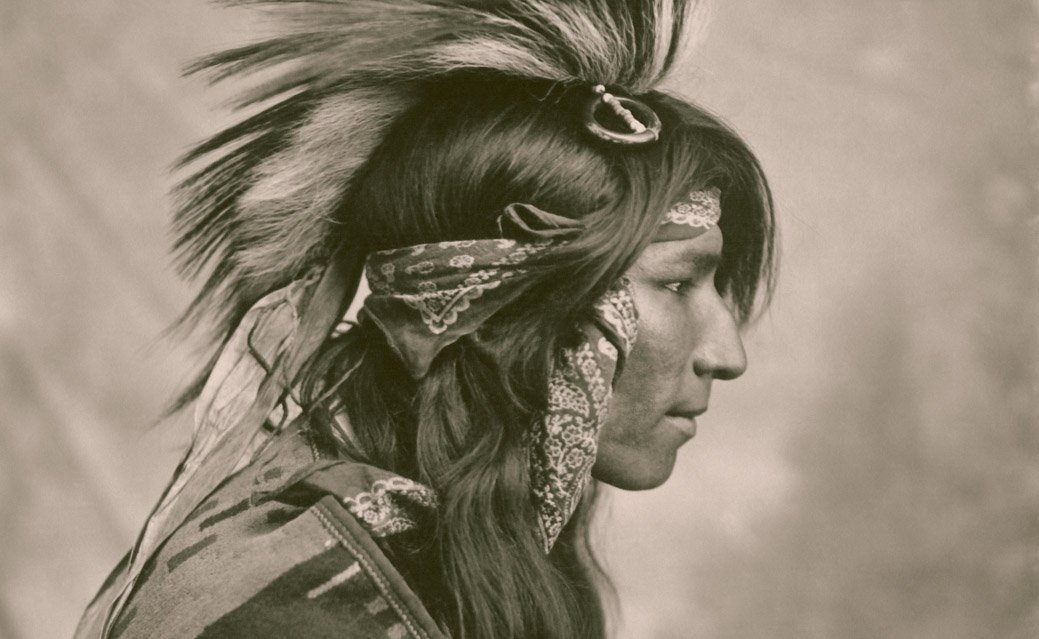A lost Indigenous identity
My journey of tracing my ancestry and embracing the Cree traditions, culture, and heritage has shaped who I am today, and who I hope to be in the future.
With my shiny dark straight hair covering my inquisitive brown eyes, prominent cheekbones, and olive skin, my heritage oftentimes goes unnoticed to the occasional passerby. To those who know me by name, my surname has always been a source of confusion. It is deceiving, and one that masks my heritage rather well.
While it pales in comparison, it is a similar masking that silenced an entire generation of Aboriginal Peoples. Continually marginalized in the very country they nurtured, their steady assimilation resulted in a loss of lifestyle and identity for generations to come, and for generations that could have been, for people like me.
My Cree native ancestor, Sarah Drinkwater, married an Anglo-Saxon, and was forced to give up my family’s native heritage through complete assimilation to satisfy Canadian societal standards at the time. Living in a society that was unfavourable towards Indigenous Canadians, my family lost their true ancestral identity. I have always been proud to be Cree and as I matured, I have diligently begun to reach out in pursuit of my lost heritage, which has fostered insight and awakened an awareness of the person I am intrinsically connected to.
Whether we are connected personally to the Indigenous community or not, learning about the gross injustice done towards this marginalized population is an ethical dilemma that has not gone unnoticed within high school education. Being of Cree heritage, I personally feel that the colonial intrusion that occurred in Canada has changed my life, as well as my mindset for what is proper and what is immoral.
It painted a sombre picture of being persecuted in a society that capitalized on their livelihoods for its own advantage. Canadian society continues to consume resources it does not own, revealing a facet of mankind that has created a stronghold over the Indigenous population and grips their cultural freedoms and expressions by its talons. It conveys a dark message of cultural disrespect, political ambition, law, and greed, which precludes the ability to pursue equality and find success in a nation that not only steals their resources, prohibiting the prosperity of Indigenous communities but likewise steals their spirit. This mental image serves as a testament to the belief that Indigenous interests are placed in the hands of those who wish to exploit Indigenous traditions and livelihoods for profit, impacting their identity, culture, as well as spiritual well-being.
The older I get, the more I can feel my ancestry slipping from me. I wear my non-status identity with uncertainty. Is my lineage enough or would my ancestors scoff? My heritage has never been a source of embarrassment, shame, or weakness. It is an insecurity of mine that people view it as ambiguous or uncertain. That Canada saw it as one that had to be masked, trimmed, undressed, and starved.
Perhaps because of my heritage, I interpret hope in the face of uncertainty. With Indigenous interest becoming a more prominent issue, this is reassurance that societal views towards Indigenous Peoples are positively changing for the well-being of the community that faced such a tragic history.
It is hard to ask for forgiveness for losing touch of a culture that you never knew. Perhaps being unable to fathom living the lifestyle your ancestors had tried so desperately to salvage outlines why this forgiveness is just so important. Maybe it is a start. And while forgiveness cannot right the wrongs of the past, author W.T. Jewkes depicts it perfectly—“It takes hope or faith or dreams of a new spring that will come of this winter for man to bother to throw the stones of renewal over his shoulder.” Using the backdrop of the historic arrogance displayed by Canadian society, it takes a bright horizon of hope to forgive the gloomy past. Destruction is not imminent when we can envision a land of solace, salvation, and quiescent reformation.


